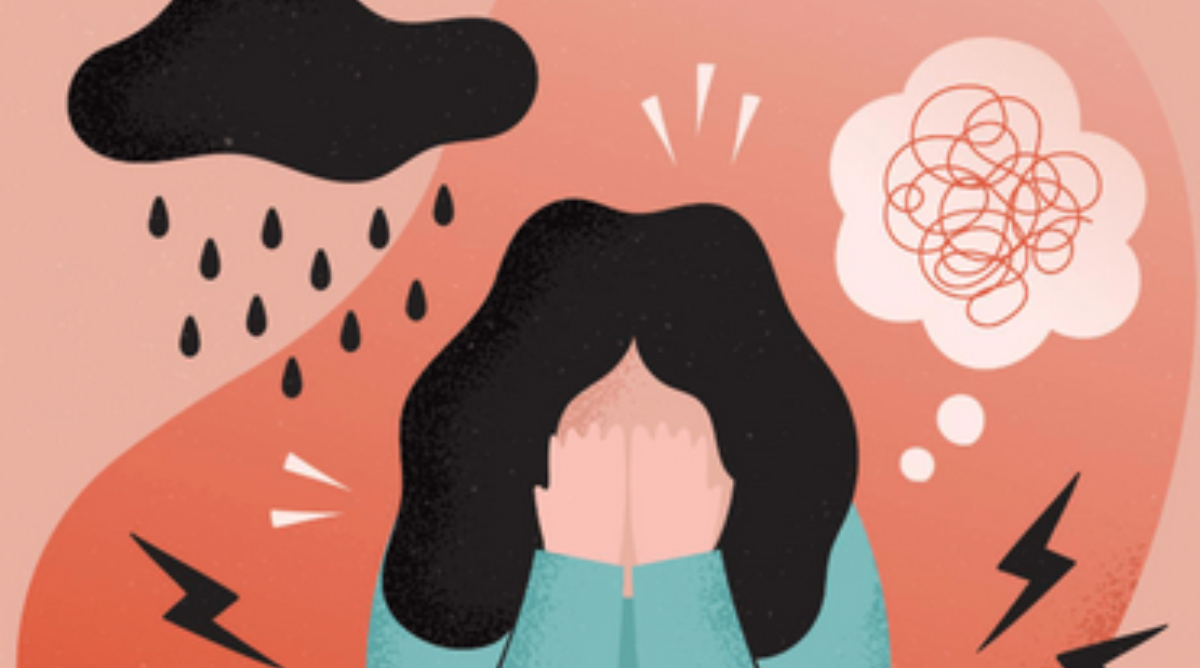
For many cannabis consumers, marijuana is a great tool to ease anxiety, pain, and other ailments. However, for some people, smoking weed can have the opposite effect and trigger a panic attack. If you’ve ever felt sudden dread or anxiety after consuming cannabis, you’re not alone. A marijuana-induced panic attack can feel terrifying, but there are ways to handle it and prevent it from happening in the future. This guide will walk you through how to recognize, handle, and prevent these panic attacks while continuing to safely consume cannabis.
When a marijuana-induced panic attack strikes, the symptoms may resemble a heart attack or extreme stress, causing racing thoughts, chest tightness, dizziness, and even shortness of breath. These reactions are due to the brain’s overstimulation from THC. Here are some strategies to help manage a cannabis-induced panic attack:
Not everyone who uses cannabis will experience panic attacks, but certain groups are more prone to them. Here are some factors that may increase the likelihood:
Recognizing the signs of a weed-induced panic attack is important. These can include:
If you experience any of these symptoms after consuming cannabis, it’s likely you’re having a panic attack. It’s crucial to understand that these feelings, though distressing, are temporary and will pass as the cannabis leaves your system.
If you’re prone to anxiety or panic attacks, the way you consume cannabis can significantly impact your experience. Consider these tips:
Sativa strains are known for their uplifting and energizing effects but can also trigger anxiety in some users. If you’re prone to panic attacks, it’s best to avoid sativas or use them cautiously in small doses. Instead, consider mixing them with CBD for a more balanced experience.
Indica strains are typically associated with relaxation and can be helpful for reducing anxiety and promoting sleep. If you experience panic attacks, indica strains might be a safer option as they generally have more calming effects.
Hybrid strains offer a blend of both sativa and indica effects. Depending on the ratio, they can provide a balanced experience. Look for strains with a higher CBD content to help mitigate THC’s anxiety-inducing effects.
Experiencing a marijuana-induced panic attack can be overwhelming, but knowing how to manage it makes all the difference. By recognizing your risk factors and selecting cannabis products that are less likely to cause anxiety, you can enjoy the benefits of cannabis while minimizing the risk of panic attacks. Remember to start with low doses, choose strains with higher CBD content, and avoid consuming cannabis in stressful environments.
Veriheal can assist in helping you find the right medical marijuana card and resources to make informed decisions about your cannabis use. With professional support and access to licensed providers, Veriheal can guide you in selecting the best strains and products to manage anxiety safely.
THC, the primary psychoactive compound in cannabis, can overstimulate the amygdala, which is responsible for regulating fear and anxiety. For some users, especially those consuming high doses, this overstimulation can trigger a panic attack.
Cannabis can both help and cause anxiety, depending on the strain, dose, and individual. While CBD is known for its calming effects, THC, especially in high amounts, can induce anxiety and panic in certain users.
To avoid panic attacks, start with low doses of cannabis and opt for strains with higher CBD content. Indica or CBD-rich hybrids are generally safer options for individuals prone to anxiety.
Handling a panic attack involves deep breathing, finding a quiet space, and reminding yourself that the feelings are temporary. Staying hydrated and using grounding techniques can also help ease symptoms.
Lower your THC intake, choose strains with a higher CBD-to-THC ratio, and consume cannabis in a calm, comfortable setting. Pay attention to your body and stop using cannabis if you feel anxious or uncomfortable.
No Information on MarijuanaDoctors.Com should be used to diagnose, treat, prevent or cure any disease or condition. You can view our Full Disclaimer here.